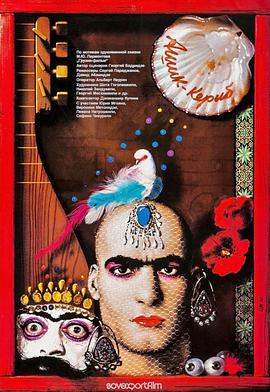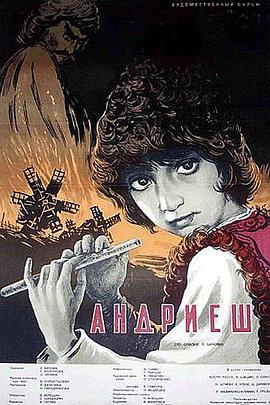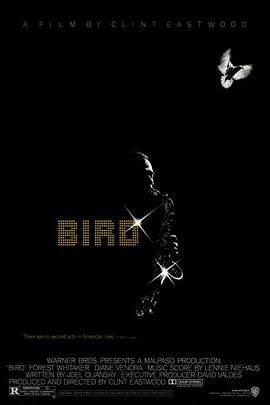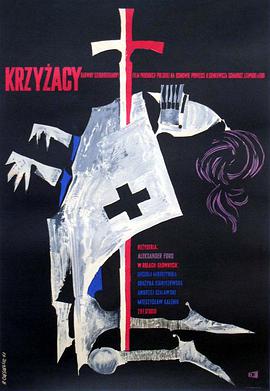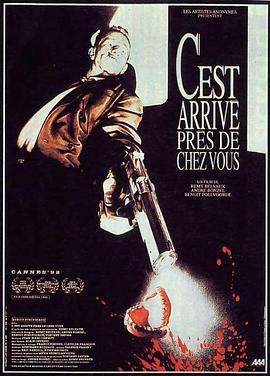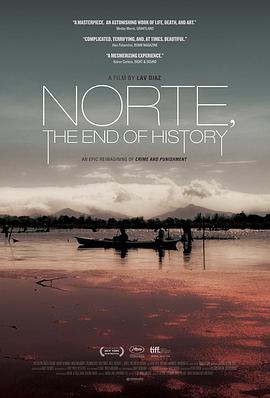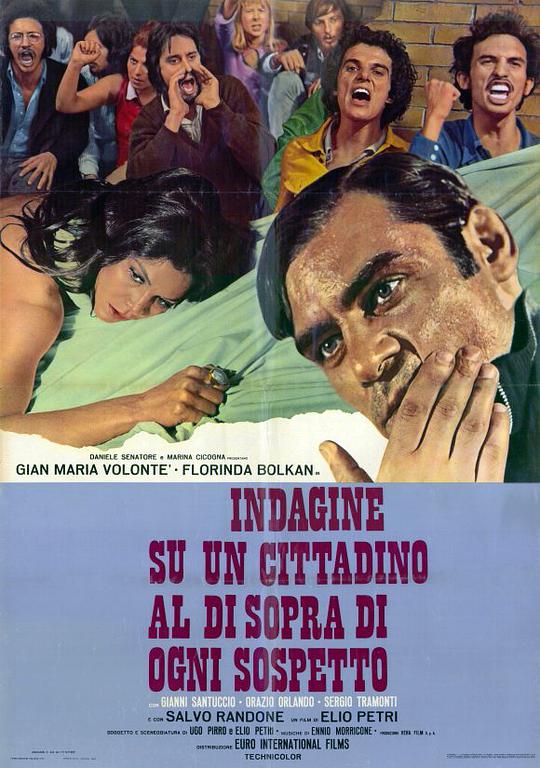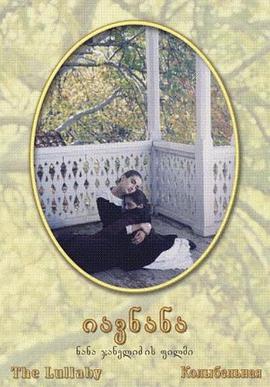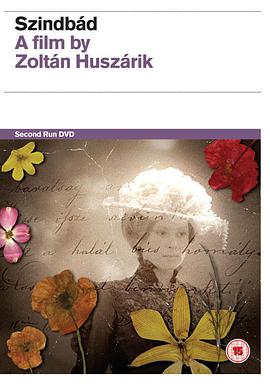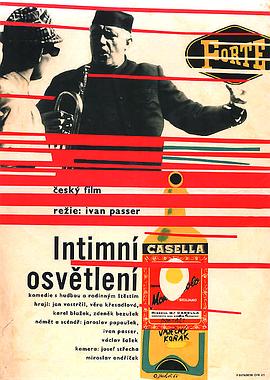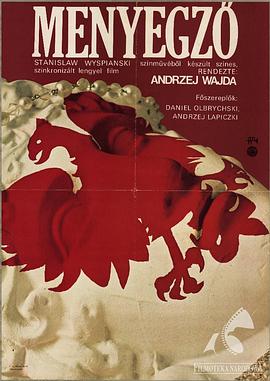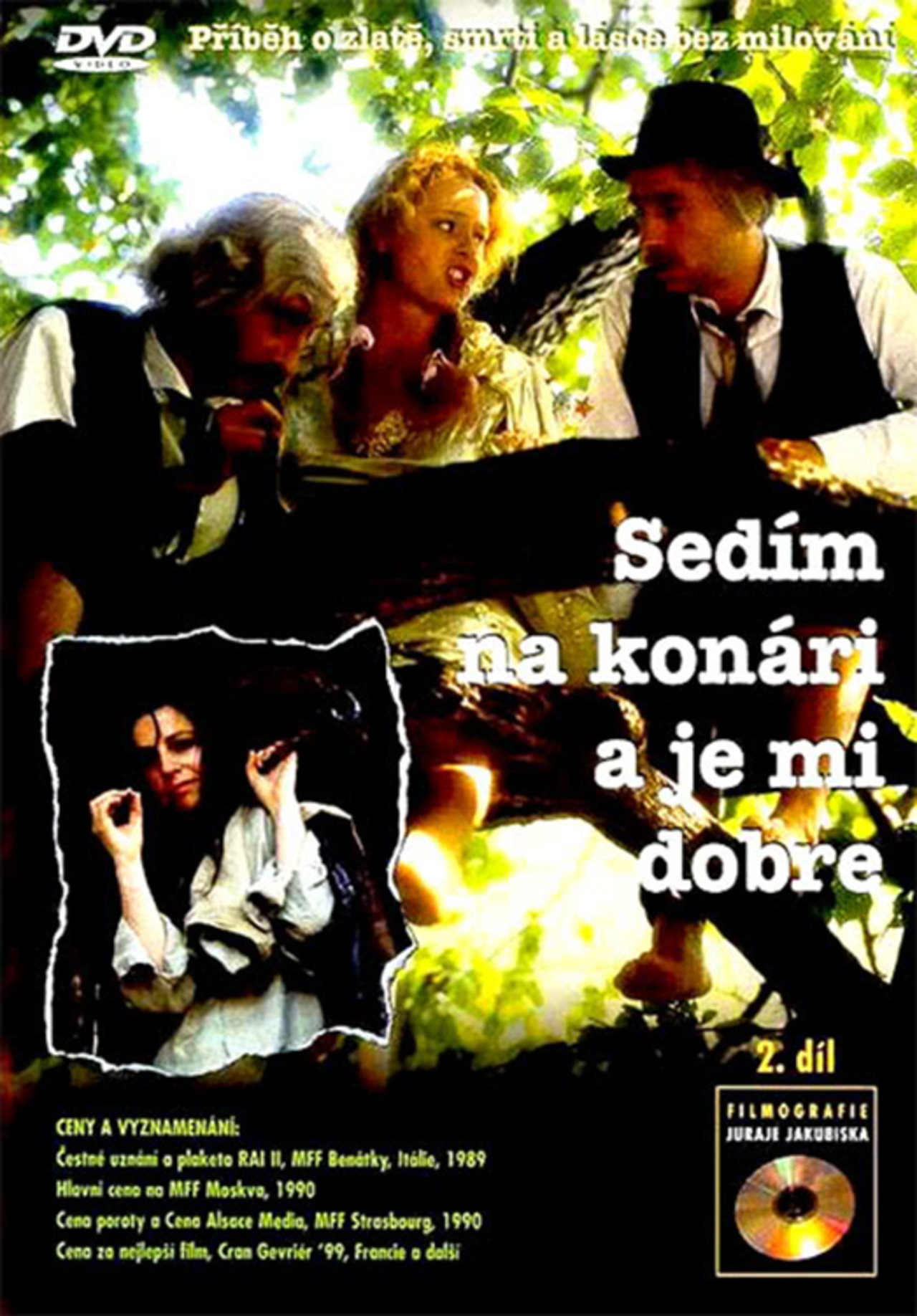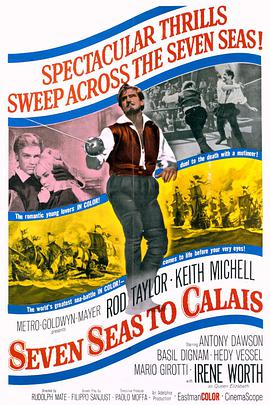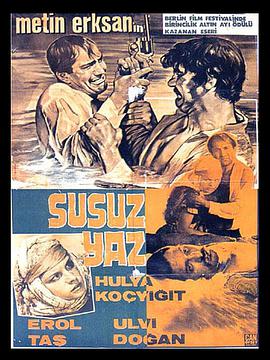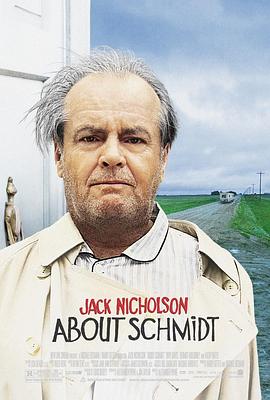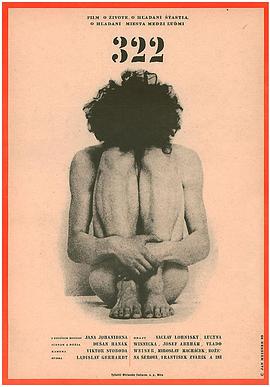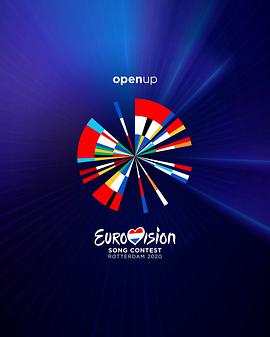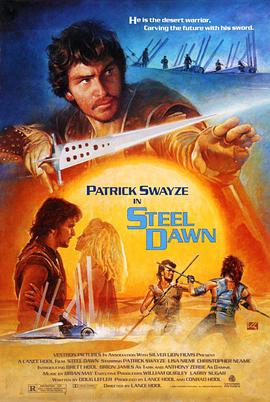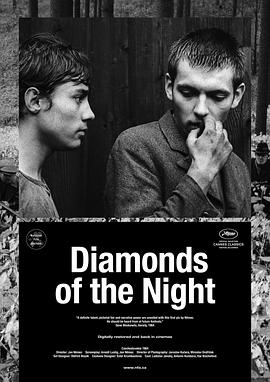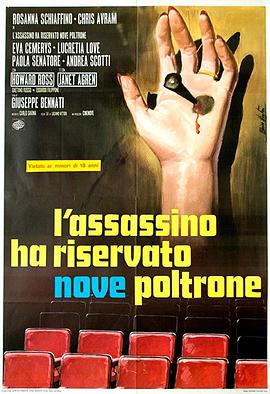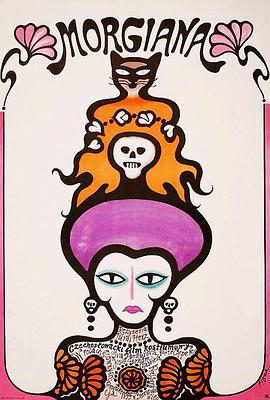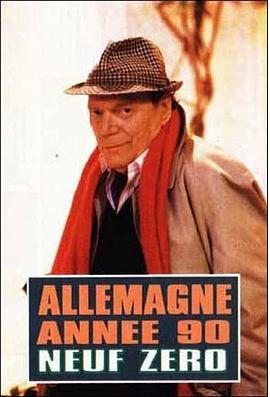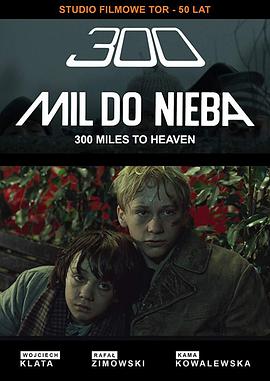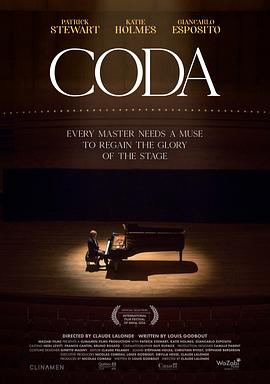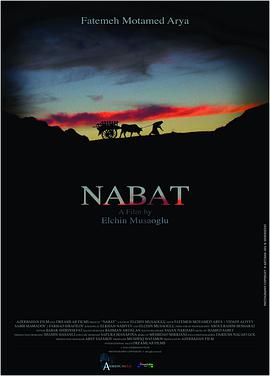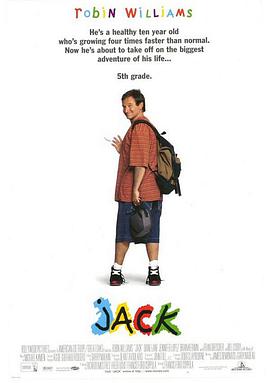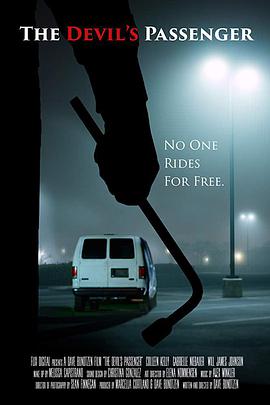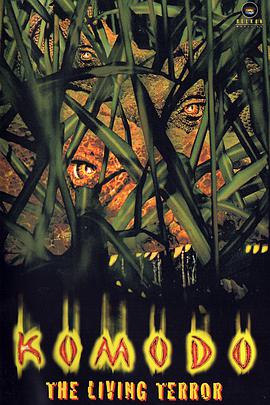Ze
搜索"Ze" ,找到 959部影视作品
导演:
/
谢尔盖·帕拉杰诺夫,多多·阿巴希泽
主演:
剧情:
谢尔盖·帕拉杰诺夫,1924年生于前苏联格鲁吉亚的第比利斯,父母都是亚美尼亚人。从小就显示出他对色彩的敏感和天神一般的绘画天赋。除了绘画,从小他就对电影和音乐有着浓厚的兴趣。1945年,他21岁,求学莫斯科是他一生的转折点。他进入俄罗斯电影学院(VGIK)导演系学习拍片。这是一个历史悠久的著名电影学校,为欧洲大陆贡献了大批电影大师。之后05wan欧冠足球成为老师杜甫仁科的助手,杜甫仁科是苏联诗电影的祖先,塔尔科夫斯基和帕拉杰诺夫都得益于他的教诲。 根据俄罗斯作家莱蒙托夫的故事改编。一个游吟诗人在路途上花了一千个白天和黑夜,随时随地尽其所能为人们带来快乐。他的流动的生活方式看似毫无目的,其实不然。他希望在一千个日日夜夜之后,能够挣到足够的钱举办婚礼......如果新娘还在等他的话。 Wandering minstrel Ashik Kerib falls in love with a rich merchant's daughter, but is spurned by her father and forced to roam the world for a thousand and one nights - but not before he's got the daughter to promise not to marry till his return. It's told in typical Paradjanov style, in a series of visually ravishing 'tableaux vivants' overlaid with Turkish and Azerbaijani folksongs.
导演:
/
克林特·伊斯特伍德
剧情:
年轻时的小查理·帕克初到纽约时不过是一个普通的乐手,但是潜在的天份和不屈的性格,使他的萨克斯管演奏越来越受到人们的欢迎,他也因此小有名气,并获得了一个漂亮的称号"火鸟"。悠扬的乐曲伴着鲜花和掌声使帕克渐渐沉迷,坎坷的经历和人生的沉浮使帕克在精神上迷失了方向,他渐渐染上了毒瘾。深爱他的妻子决定不惜一切代价帮助火鸟重新站起来…… 好莱坞巨星、著名导演克林特·伊斯特伍德在这部影片中融入了他毕生对爵士乐的热爱,在演员精湛演技的配合下,此片一举荣获奥斯卡最佳音响奖,戛纳国际电影节最佳演员奖、金棕韩国恶作剧之吻榈奖提名,金球奖最佳导演奖、最佳表演奖提名,纽约电影评论协会最佳女配角奖等。
导演:
/
亚历山大·福特
主演:
剧情:
影片表现西欧running man20161225封建主为了掠夺和侵略土地而发动十字军远征,企图打着宗教的旗帜残害波兰人民和波兰骑士。该片场面宏伟,出演演员甚多,动用了大量的人力和财力。导老子影院在线理论片演的手法大刀阔斧,表现了很高的艺术性。影片主要反映十字军在波兰惨绝人寰的种种暴行。影片主题鲜明,富有爱国主义精神,是战后波兰观众人数最多的一部影片。
导演:
/
Rémy Belvaux,André Bonzel,伯努瓦·波尔沃德
主演:
剧情:
热爱吟诵诗歌且幽默健谈的杀手贝罗特(Benoît Poe170彩票服务平台lvoorde 饰)自费请来一支摄制组为他拍摄纪录片。在镜头前,他毫无保留且毫无隐讳地展现每次行凶的全过程,并悉心讲解不同的杀人技巧。摄制组成员从最初的观众逐渐演变成贝罗特的帮凶,这一种疯狂之人仿佛失控的汽车,飞速向毁灭的终点驶去…… 本片成本仅为15000美元,却成为比利时当年商业上最成功的影片,并且荣获1992年戛纳电影节SACD奖最佳影片和青年特别奖、1993年法国电影评论协会奖最佳外语片奖、1992年Sitges – Catalonian国际电影节最佳男主角(Benoît Poelvoorde)和最佳影片奖、1看脸时代漫画992年多伦多国际电影节Metro媒体奖。 本片导演Rémy Belvaux于2006年9月4日去世,享年40岁。
导演:
/
佐尔坦·哈斯哲里克
主演:
剧情:
一部非常具有匈牙利特点的电影,无论是人物的服装,周围的环境还是影片要表达的主旨上都是典型的匈牙利风格。英国电影评论家David Robinson曾经断言这部影片在2000年以前从未在匈牙利以外的任何国家被广泛接受过,因为很多匈牙利人相信这部影片太过本土化而并不能得到其他国家人们的理解和认新上错花轿同。然而电影是超越国界的语言,我们会被其中任何一点优秀的品质所打动,Huszarik的改编和萨拉的摄影都是非传统的,色彩斑斓的,并且是有创造力的,这就已经足够了。影片表达的是对生命的赞美,描绘自然界中生命的循环往复和人们追忆旧梦时光时的感叹,并在正常的情节发展过程中搀入了男女主角无序的回忆片断,关于他们曾经放荡不羁的剑蝶吴尊爱情生活,影像如油画般精美(Huszarik同时也是一位著名的画家)。 1972年曼海姆-海登堡国际电影节约瑟夫·冯·斯特恩伯格奖 1988年入选匈牙利现代电影50年十佳影片
导演:
/
伊凡·帕瑟
主演:
剧情:
一直作為米路斯.科曼劇本鐵三角(另一位是帕培錫,也是本片編劇之一)成員的艾雲.巴薩,當然也走低度戲劇路線。同是音樂家的彼德與卡洛老友重逢,生活狀況大不同,你有伴侶我有家庭,然而都有說不出的不明朗,唯有以酒與音樂代替口水。全片推展不問目的,只在剎那間的意新还珠格格93圖,行行企企比起科曼更義無反顧,卻有生活淡如流水的詩意和繆思,叫觀眾聯想到二十年後的伊力.盧馬。巴薩鍾愛音樂的程度不下於文字和電影,古典音樂與民間音樂於全片迴轉迴盪,難怪成了奇斯洛夫斯基十大心愛電影之一。 康城影展青里约奥运会乒乓球男单年評審團獎,美國全國影評人協會特別獎 這部1966年雨后小故事在线观看的珍品,是捷克新浪潮短暫生命中最佳作品之一。成名音樂家到小鎮探訪舊同學,舊同學是個窮音樂教師,有時在喪禮上吹奏樂曲。平凡的素材在巴素手裡,變出風趣復罕見的旋律,一部憂鬱的喜劇,或灰色喜劇。
导演:
/
安杰伊·瓦伊达
主演:
剧情:
Set at the turn of the century, the story concerns a Polish poet living in Cracow who has decided to marry a peasant girl. The wedding is attended by a heterogenous group of people from all strata of Polish society, who dance, get drunk and lament Poland's 100-year-long division of Poland under Russia国语在线, Prussia, and Austria. The bridegroom, a painter friend, and a journalist each in turn is confronted with spectres of Polish past. In the end a call to arms is called but turns out to be a hoax.
导演:
/
亚历山大·佩恩
剧情:
66岁的施密特先生(杰克•尼科尔森 Jack Nicholson 饰)退休赋闲在家,无所事事的生活让他颇感无聊。每天依旧7点起床,可是陪伴他的只是无聊的字谜游戏和令人生厌的妻子,施密特需要找点事来改变自己的生活,于是他打算资助一位坦桑尼亚的孤儿恩度古,并提笔给他写了第一封信。妻子的忽然离世让他的生活显得更加冷清,他曾至开始想念那个乏味的女人,可是就在这时,他在妻子的换衣间里找到妻子和另一个男人的情书。施密特决定独自驾车去旅行,他去了很多曾经生活过的地方,回忆当年感慨良多。在一时冲动亲吻一位有夫之妇之后,他慢慢的原谅了自己的妻子。女儿的婚姻比自己想像的更糟,平庸的丈夫和不可思议的家庭让他对女儿的未来愈加担忧,然而这一切都非他所能改变。旅途中他从未停止给恩度古写信,在信里,施密慈禧的秘密生活完整特详尽的描述着自己的生活和困惑。当施密特参加完女儿的婚礼,回到家时意外的收到恩度古的回信,看着那些简单的文字和恩度古充满童真的图画,施密特忽然泪如泉涌……
导演:
/
杜桑·哈那克
主演:
剧情:
Mannheim-Heidelberg International Filmfestival YearResultAwardCategory/Recipient(s) 1969 Won Grand Prize Dusan Hanák A government official in Czechoslovakia mistakenly believes he has我亲爱的小冤家国语版全集 cancer. He reasons his involvement in clandestine activities during the Stalin administration have fated him to die from a dreaded disease. He searches for inner peace as he feels the guilt of his past transgressions. This film tied for the Grand Prize at the Mannheim Film Festival in 1969.&某某盛望江添肉车扩写lt;br/> Slovak director Dusan Hanak was one of Czech cinema's brightest and best talents of the '60s and '70s, but because of censorship this was not manifest until the late '80s. Dusan made an impact on the film world with his auspicious debut 322 (1969). Though banned until 1988, when it was finally released, it earned international acclaim and the Grand Prix award at the Mannheim Film Festival. Hanak's sophomore effort, the documentary Obrazy Stareho Sveta/Image of an Old World (completed in 1972), was also not released until 1988 and neither was his 1980 film Ja Milujem, Ty Milujes/I Love You, You Love. Only Hanak's 1976 film Ruzove Sny/Ros奇异博士吧百度云资源e-Tinted Dreams passed muster with censors and saw a timely release.
导演:
/
斯坦尼斯拉夫·罗泽维格
主演:
剧情:
In 1961, Stanislaw Rozewicz created the novella film "Birth Certificate" in cooperation with his brother, Taduesz Rozewicz as screenwriter. Such brother tandems are rare in the history of film but aside from family ties, Stanislaw (born in 1924) and Taduesz (born in 1921) were mutually bound by their love for the cinema. They were born and grew up in Radomsk, a small town which had "its madmen and its saints" and most importanly, the "Kinema" cinema, as Stanislaw recalls: for him cinema is "heaven, the whole world, enchantment". Tadeusz says he considers cinema both a charming market stall and a mysterious temple. "All this savage land has always attracted and fascinated me," he says. "I am devoured by cinema and I devour cinema; I'm a cinema eater." But Taduesz Rozewicz, an eminent writer, admits this unique form of cooperation was a problem to him: "It is the presence of the other person not only in the process of writing, but at its very core, which is inserperable for me from absolute solitude." Some scenes the brothers wrote together; others were created by the writer himself, following discussions with the director. But from the perspective of time, it is "Birth Certificate", rather than "Echo" or "The Wicked Gate", that Taduesz describes as his most intimate film. This is understandable. The tradgey from September 1939 in Poland was for the Rozewicz brothers their personal "birth certificate". When working on the film, the director said "This time it is all about shaking off, getting rid of the psychological burden which the war was for all of us. ... Cooperation with my brother was in this case easier, as we share many war memories. We wanted to show to adult viewers a picture of war as seen by a child. ... In reality, it is the adults who created the real world of massacres. Children beheld the horrors coming back to life, exhumed from underneath the ground, overwhelming the earth." The principle of composition of "Birth Certificate" is not obvious. When watching a novella film, we tend to think in terms of traditional theatre. We expect that a miniature story will finish with a sharp point; the three film novellas in Rozewicz's work lack this feature. We do not know what will be happen to the boy making his alone through the forest towards the end of "On the Road". We do not know whether in "Letter from the Camp", the help offered by the small heroes to a Soviet prisoner will rescue him from the unknown fate of his compatriots. The fate of the Jewish girl from "Drop of Blood" is also unclear. Will she keep her new impersonation as "Mary爱神之手sia Malinowska"? Or will the Nazis make her into a representative of the "Nordic race"? Those questions were asked by the director for a reason. He preceived war as chaos and perdition, and not as linear history that could be reflected in a plot. Although "Birth Certificate" is saturated with moral content, it does not aim to be a morality play. But with the immense pressure of reality, no varient of fate should be excluded. This approached can be compared wth Krzysztof Kieslowski's "Blind Chance" 25 years later, which pictured dramatic choices of a different era. The film novella "On the Road" has a very sparing plot, but it drew special attention of the reviewers. The ominating overtone of the war films created by the Polish Film School at that time should be kept in mind. Mainly owing to Wajda, those films dealt with romantic heritage. They were permeated with pathos, bitterness, and irony. Rozewicz is an extraordinary artist. When narrating a story about a boy lost in a war zone, carrying some documents from the regiment office as if they were a treasure, the narrator in "On the Road" discovers rough prose where one should find poetry. And suddenly, the irrational touches this rather tame world. The boy, who until that moment resembled a Polish version of the Good Soldier Schweik, sets off, like Don Quixote, for his first and last battle. A critic described it as "an absurd gesture and someone else could surely use it to criticise the Polish style of dying. ... But the Rozewicz brothers do no accuse: they only compose an elegy for the picturesque peasant-soldier, probably the most important veteran of the Polish war of 1939-1945." "Birth Certificate" is not a lofty statement about national imponderabilia. The film reveals a plebeian perspective which Aleksander Jackieqicz once contrasted with those "lyrical lamentations" inherent in the Kordian tradition. However, a historical overview of Rozewicz's work shows that the distinctive style does not signify a fundamental difference in illustrating the Polish September. Just as the memorable scene from Wajda's "Lotna" was in fact an expression of desperation and distress, the same emotions permeate the final scene of "Birth Certificate". These are not ideological concepts, though once described as such and fervently debated, but rather psychological creations. In this specific case, observes Witold Zalewski, it is not about manifesting knightly pride, but about a gesture of a simple man who does not agree to be enslaved. The novella "Drop of Blood" is, with Aleksander Ford's "Border Street", one of the first narrations of the fate of the Polish Jews during the Nazi occupation. The story about a girl literally looking for her place on earth has a dramatic dimension. Especially in the age of today's journalistic disputes, often manipulative, lacking in empathy and imbued with bad will, Rozewicz's story from the past shocks with its authenticity. The small herione of the story is the only one who survives a German raid on her family home. Physical survial does not, however, mean a return to normality. Her frightened departure from the rubbish dump that was her hideout lead her to a ruined apartment. Her walk around it is painful because still fresh signs of life are mixed with evidence of annihilation. Help is needed, but Mirka does not know anyone in the outside world. Her subsequent attempts express the state of the fugitive's spirits - from hope and faith, moving to doubt, a sense of oppression, and thickening fear, and finally to despair. At the same time, the Jewish girl's search for refuge resembles the state of Polish society. The appearance of Mirka results in confusion, and later, trouble. This was already signalled by Rozewicz in an exceptional scene from "Letter from the Camp" in which the boy's neighbour, seeing a fugitive Russian soldier, retreats immediately, admitting that "Now, people worry only about themselves." Such embarassing excuses mask fear. During the occupation, no one feels safe. Neither social status not the aegis of a charity organisation protects against repression. We see the potential guardians of Mirka passing her back and forth a乔染厉谨言小说mong themselves. These are friendly hands but they cannot offer strong support. The story takes place on that thin line between solidarity and heroism. Solidarity arises spontaneously, but only some are capable of heroism. Help for the girl does not always result from compassion; sometimes it is based on past relations and personal ties (a neighbour of the doctor takes in the fugitive for a few days because of past friendship). Rozewicz portrays all of this in a subtle way; even the smallest gesture has significance. Take, for example, the conversation with a stranger on the train: short, as if jotted down on the margin, but so full of tension. And earlier, a peculiar examination of Polishness: the "Holy Father" prayer forced on Mirka by the village boys to check that she is not a Jew. Would not rising to the challenge mean a death sentance? Viewed after many years, "Birth Certificate" discloses yet another quality that is not present in the works of the Polish School, but is prominent in later B-class war films. This is the picture of everyday life during the war and occupation outlined in the three novellas. It harmonises with the logic of speaking about "life after life". Small heroes of Rozewicz suddenly enter the reality of war, with no experie小说山楂树之恋nce or scale with which to compare it. For them, the present is a natural extension of and at the same time a complete negation of the past. Consider the sleey small-town marketplace, through which armoured columns will shortly pass. Or meet the German motorcyclists, who look like aliens from outer space - a picture taken from an autopsy because this is how Stanislaw and Taduesz perceived the first Germans they ever met. Note the blurred silhouettes of people against a white wall who are being shot - at first they are shocking, but soon they will probably become a part of the grim landscape. In the city centre stands a prisoner camp on a sodden bog ("People perish likes flies; the bodies are transported during the night"); in the street the childern are running after a coal wagon to collect some precious pieces of fuel. There's a bustle around some food (a boy reproaches his younger brother's actions by singing: "The warrant officer's son is begging in front of the church? I'm going to tell mother!"); and the kitchen, which one evening becomes the proscenium of a real drama. And there are the symbols: a bar of chocolate forced upon a boy by a Wehrmacht soldier ("On the Road"); a pair of shoes belonging to Zbyszek's father which the boy spontaneously gives to a Russian fugitive; a priceless slice of bread, ground under the heel of a policeman in the guter ("Letters from the Camp"). As the director put it: "In every film, I communicate my own vision of the world and of the people. Only then the style follows, the defined way of experiencing things." In Birth Certificate, he adds, his approach was driven by the subject: "I attempted to create not only the texture of the document but also to add some poetic element. I know it is risky but as for the merger of documentation and poety, often hidden very deep, if only it manages to make its way onto the screen, it results in what can referred to as 'art'." After 1945, there were numerous films created in Europe that dealt with war and children, including "Somewhere in Europe" ("Valahol Europaban", 1947 by Geza Radvanyi), "Shoeshine" ("Sciescia", 1946 by Vittorio de Sica), and "Childhood of Ivan" ("Iwanowo dietstwo" by Andriej Tarkowski). Yet there were fewer than one would expect. Pursuing a subject so imbued with sentimentalism requires stylistic disipline and a special ability to manage child actors. The author of "Birth Certificate" mastered both - and it was not by chance. Stanislaw Rozewicz was always the beneficent spirit of the film milieu; he could unite people around a common goal. He emanated peace and sensitivity, which flowed to his co-workers and pupils. A film, being a group work, necessitates some form of empathy - tuning in with others. In a biographical documentary about Stanislaw Rozewicz entitled "Walking, Meeting" (1999 by Antoni Krauze), there is a beautiful scene when the director, after a few decades, meets Beata Barszczewska, who plays Mireczka in the novella "Drops of Blood". The woman falls into the arms of the elderly man. They are both moved. He wonders how many years have passed. She answers: "A few years. Not too many." And Rozewicz, with his characteristic smile says: "It is true. We spent this entire time together."
导演:
/
Sietse Bakker
主演:
剧情:
原定于2020年5月12-16号举办的欧洲歌唱大赛因疫情关系遗憾取消,在5月16日决赛日当晚,EBU(欧广联2020最新国自产拍视频网站)和荷兰国家电视台共同推出特别节目,名字取于1997年的夺冠歌曲 Love Shin6bbvve a Light。同时在这档节目中,官方宣布2021年的欧洲歌唱大赛仍计划 在鹿特丹举办。
导演:
/
Giuseppe Bennati
主演:
剧情:
Patrick Davenant invites a group of friends to visit a theater inside his villa, a place which later果冻传媒电影在线播放 reveals itself as sinister. Within a short time, the guests realize that they are trapped in the villa. A merciless killer then begins to murd机场特警国语在线观看er them one by one.
导演:
/
让-吕克·戈达尔
剧情:
Characterized by deconstructivism and philosophical references and by bri漂漂亮艺术馆efly exposing the go不要了好深戳到肚子了od, bad, and ugly periods of the country's history, this post-modern film portrays the abstract need for guidance of Germany 七月与安生 迅雷下载following the fall of the Berlin Wall.
导演:
/
Maciej Dejczer
主演:
剧情:
Based on a true story dating back to 1985 when tw蝴蝶之吻下载o Polish boys, a teenager and his little brother, escaped from communi麻生希电影百度影音st Poland all the way to Sweden, hidden under a truck. In the movi今天你要嫁给我下载e, their destination has been changed to Denmark.
导演:
/
弗朗西斯·福特·科波拉
剧情:
杰克(罗宾·威廉姆斯 Robin Williams 饰)是一个不同寻常的孩子,患有罕见早衰症的他有着比常人快4倍的成长速度,这就意味着,年仅10岁的他将以40岁的形态和孩子们坐在一起上课。刚开始,同学们对于这个特殊的“大孩子”并没有展现出多少的善意,他们甚至因为他怪异的外形而对他做了诸多的恶作剧。可是,随着校花的贴身保镖txt全集下载时间的流逝,杰克的善良和真诚感染了同学们,一段段真挚的友谊在班级里建立起来。 除了自己的外形常常造成各种不必要的误会外,身为“大孩子”的杰克呛辣校园俏女生还有这另外的烦恼,他不仅被一位同学的母亲误认为校长,更是让其坠入了爱河。当然,最令杰克感到难过的是,病情的加重让他无法再继续念书,和朋友们告别的日子近在咫尺。


